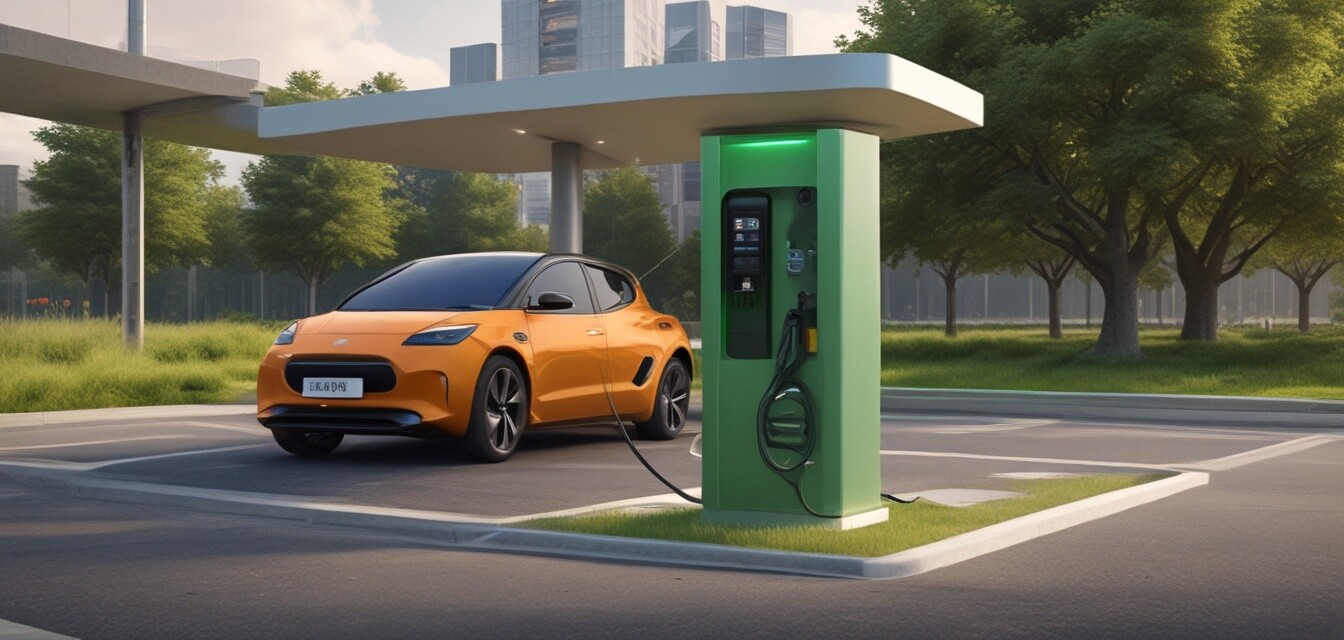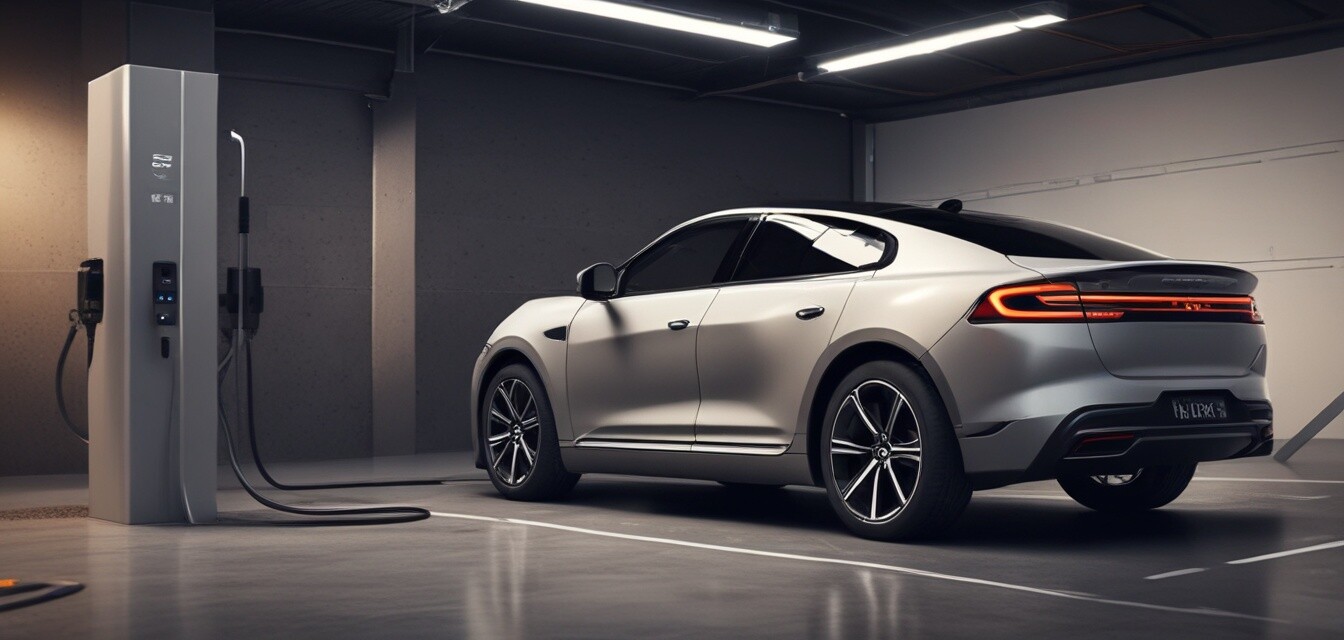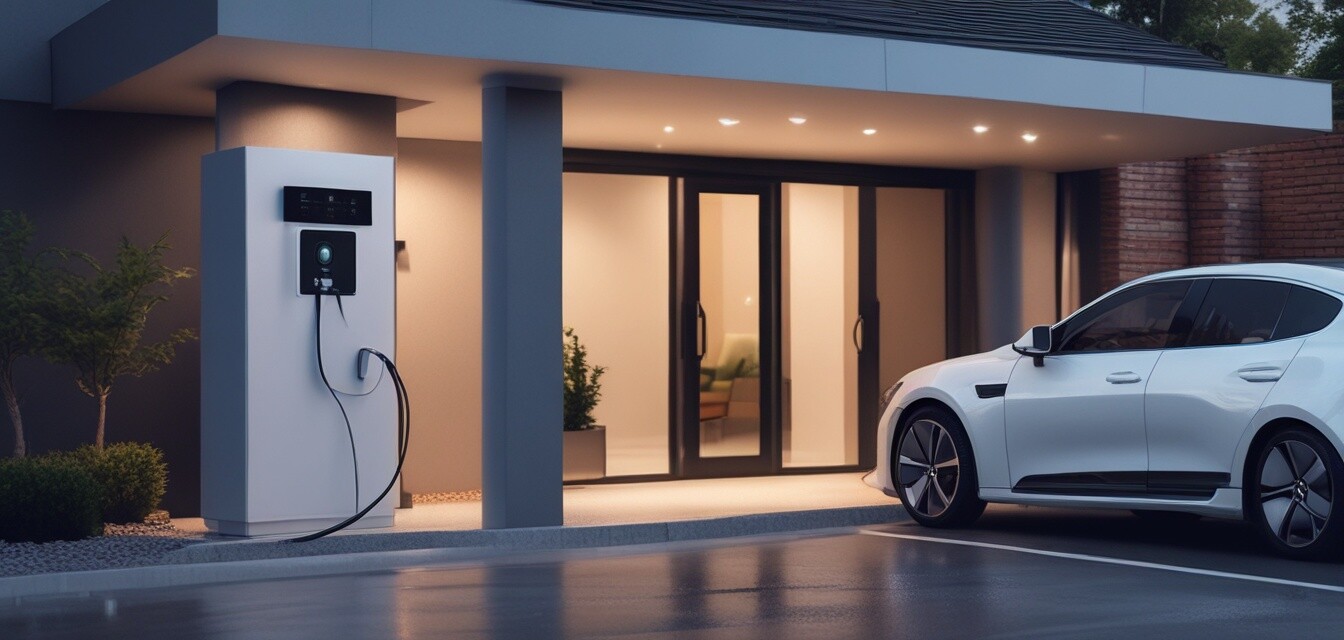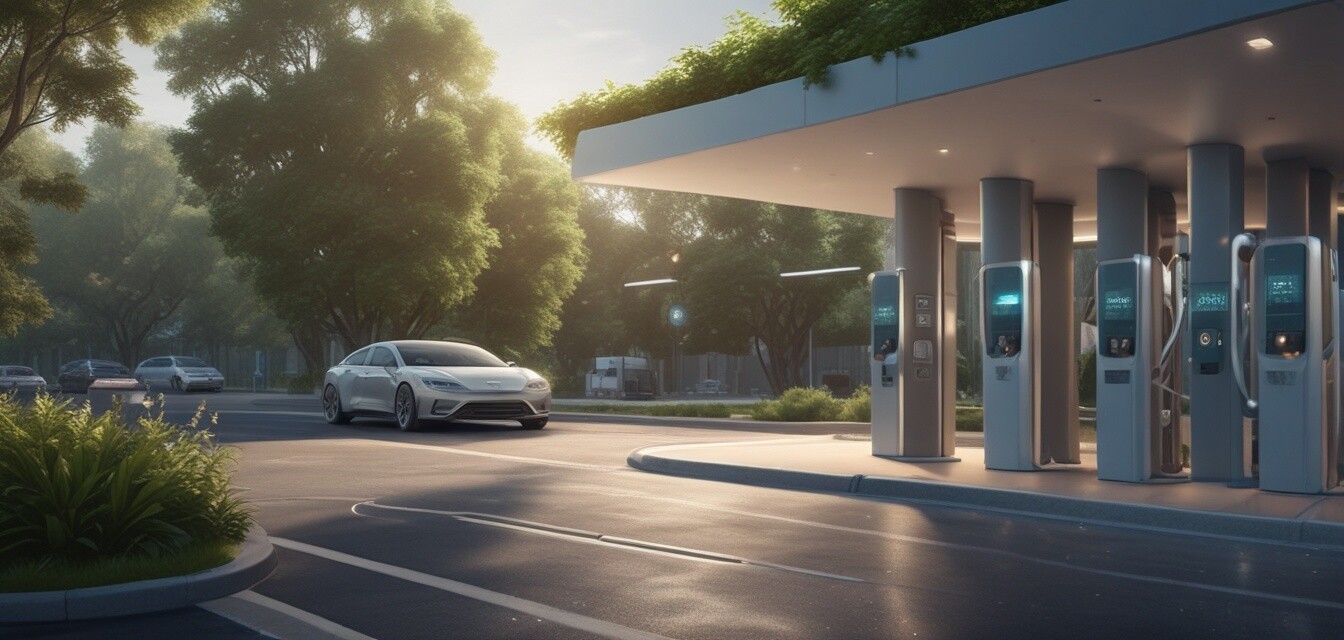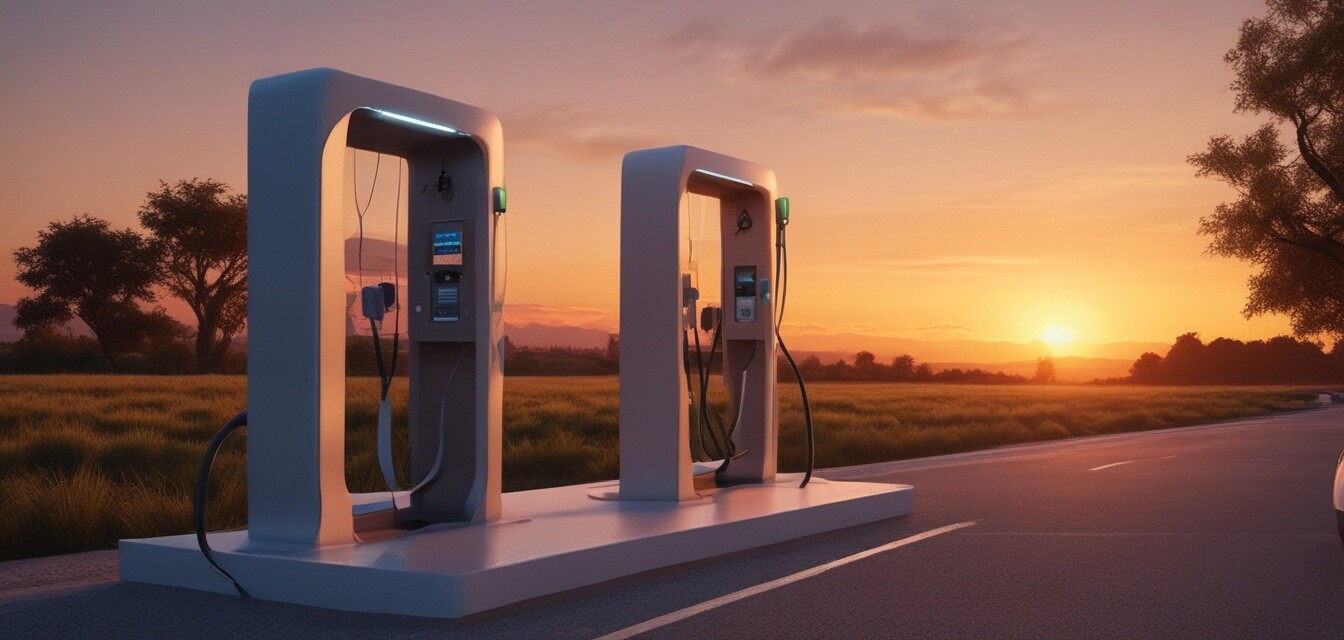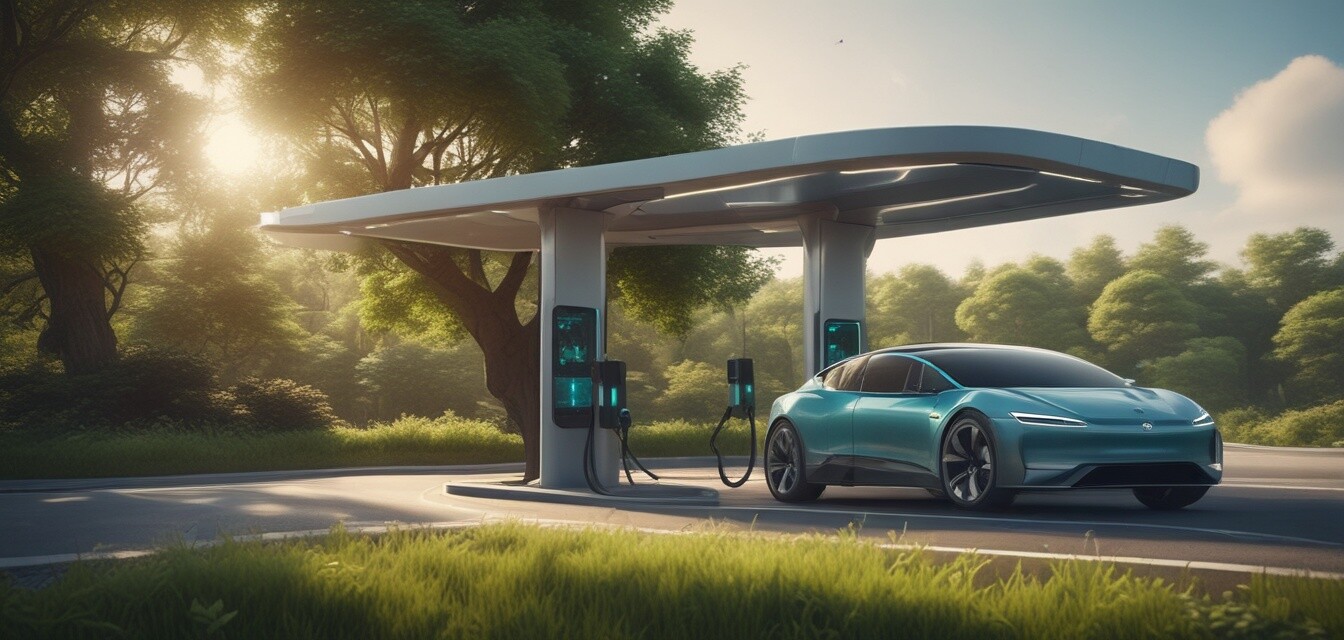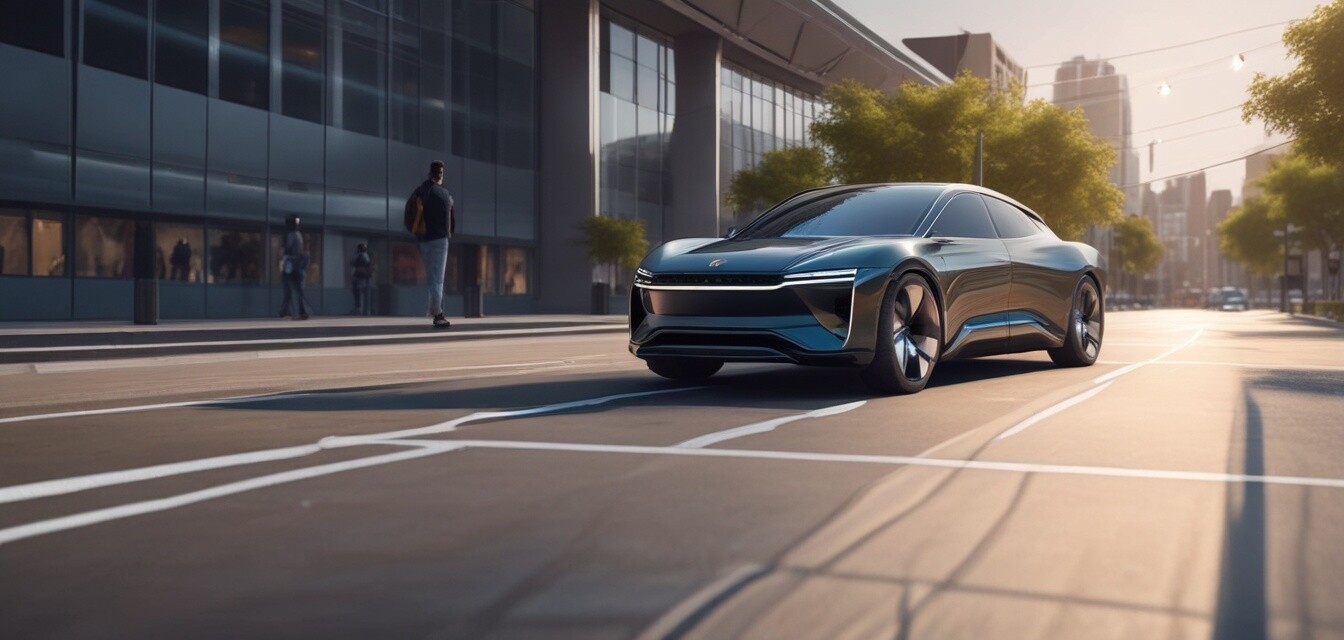
Wireless EV Charging
Key Takeaways
- Wireless EV charging eliminates the need for physical cables, enhancing convenience.
- It utilizes electromagnetic fields to transfer energy from a charging pad to the vehicle.
- The technology is still developing, with improvements in efficiency and cost expected in the coming years.
- Wireless charging infrastructure is being integrated into public spaces and homes.
- Future advancements could lead to dynamic charging while driving, further enhancing EV usability.
As electric vehicles (EVs) continue to gain popularity, the demand for efficient and user-friendly charging solutions grows. Wireless EV charging represents a significant leap in technology, providing a convenient alternative to traditional charging methods. In this article, we’ll delve into how wireless charging works, its benefits and drawbacks, and its potential in the future of electric vehicle technology.
What is wireless EV charging?
Wireless EV charging, also known as inductive charging, allows electric vehicles to charge without the need for physical cables. The technology operates using electromagnetic fields to transfer energy between a charging pad installed on a surface and a receiver pad located in the vehicle. This innovative approach simplifies the charging process, making it more accessible for users.
How does wireless EV charging work?
The fundamental principle behind wireless EV charging is electromagnetic induction. Here's a simplified overview of the process:
- The charging station generates an alternating electromagnetic field.
- The vehicle's receiver coil captures this electromagnetic energy.
- The captured energy is converted back into electrical energy to charge the car’s battery.
Benefits of wireless EV charging
Wireless EV charging offers several advantages over traditional charging methods:
- Convenience: No need to plug in; simply park over the charging pad.
- Weather resistance: Reduces wear and tear on charging cables and connectors.
- Safety: Eliminates tripping hazards associated with cables.
- Integration: Can be built into parking lots, roads, and garages.
Limitations of wireless EV charging
Despite its many benefits, wireless EV charging has some drawbacks:
- Cost: The technology is currently more expensive than traditional charging solutions.
- Efficiency: Wireless charging may have lower energy transfer efficiency compared to wired charging.
- Availability: Infrastructure for wireless charging is still limited in many areas.
Pros
- Enhanced convenience with no cables to manage.
- Reduced risk of electrical hazards.
- Potential for seamless integration into urban environments.
Cons
- Higher installation costs compared to traditional chargers.
- Potential efficiency losses during energy transfer.
- Limited availability in public and residential areas.
The future of wireless EV charging
The future of wireless EV charging looks promising as technology continues to advance. Innovations may include:
- Dynamic charging: Charging vehicles while they are in motion.
- Improved efficiency: Development of more efficient energy transfer methods.
- Widespread infrastructure: Expansion of charging pads in public and private spaces.
Case studies of wireless EV charging
Several pilot programs and projects are underway to assess the viability of wireless EV charging:
| Project | Location | Description |
|---|---|---|
| OLEV | South Korea | A project that integrates dynamic wireless charging on buses. |
| WiTricity | USA | Pioneering technology for residential wireless EV charging. |
| ElectRoad | Israel | Tested wireless charging on public transport routes. |
Conclusion
Wireless EV charging stands at the forefront of electric vehicle technology, offering a glimpse into a future where charging is as simple as parking your car. While the technology still faces challenges, its potential for convenience and efficiency could revolutionize the way we think about electric vehicle charging. As advancements continue, keeping an eye on the developments in this field will be essential for understanding the full impact of wireless charging on the EV landscape.
Tips for beginners
If you are new to electric vehicles and wireless charging, consider these tips:
- Research the availability of wireless charging stations in your area.
- Understand the compatibility of your EV with wireless charging technology.
- Stay informed about advancements and new infrastructure developments.

For more information about EV charging options, check out our sections on home charging stations and portable EV chargers.


